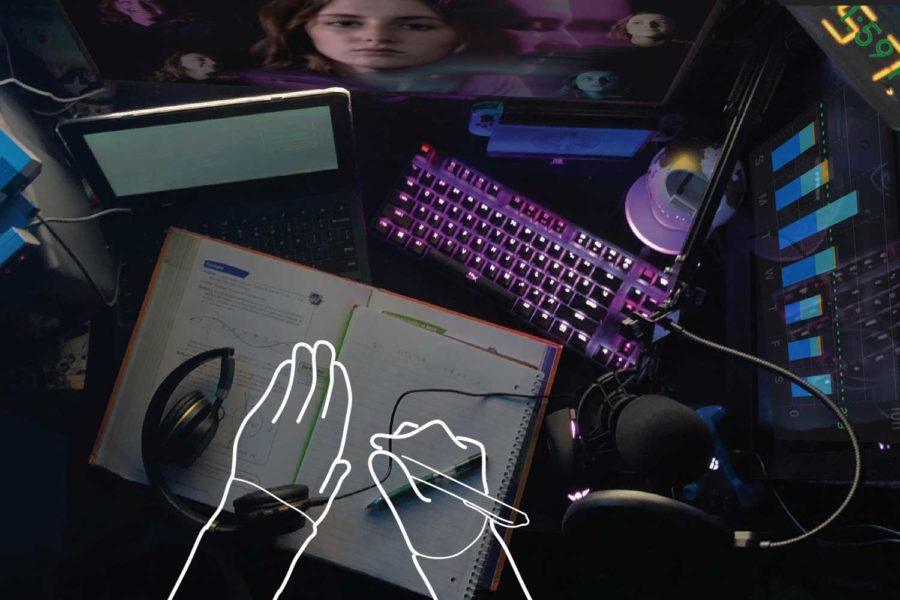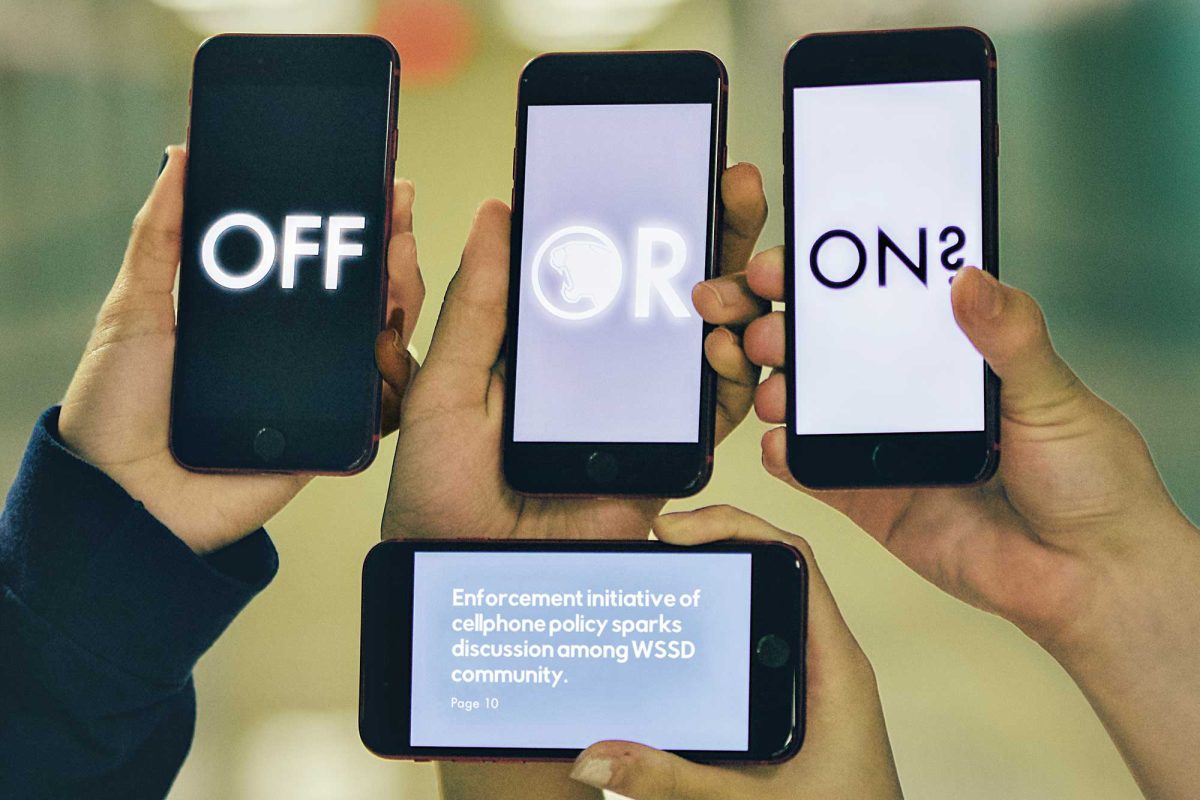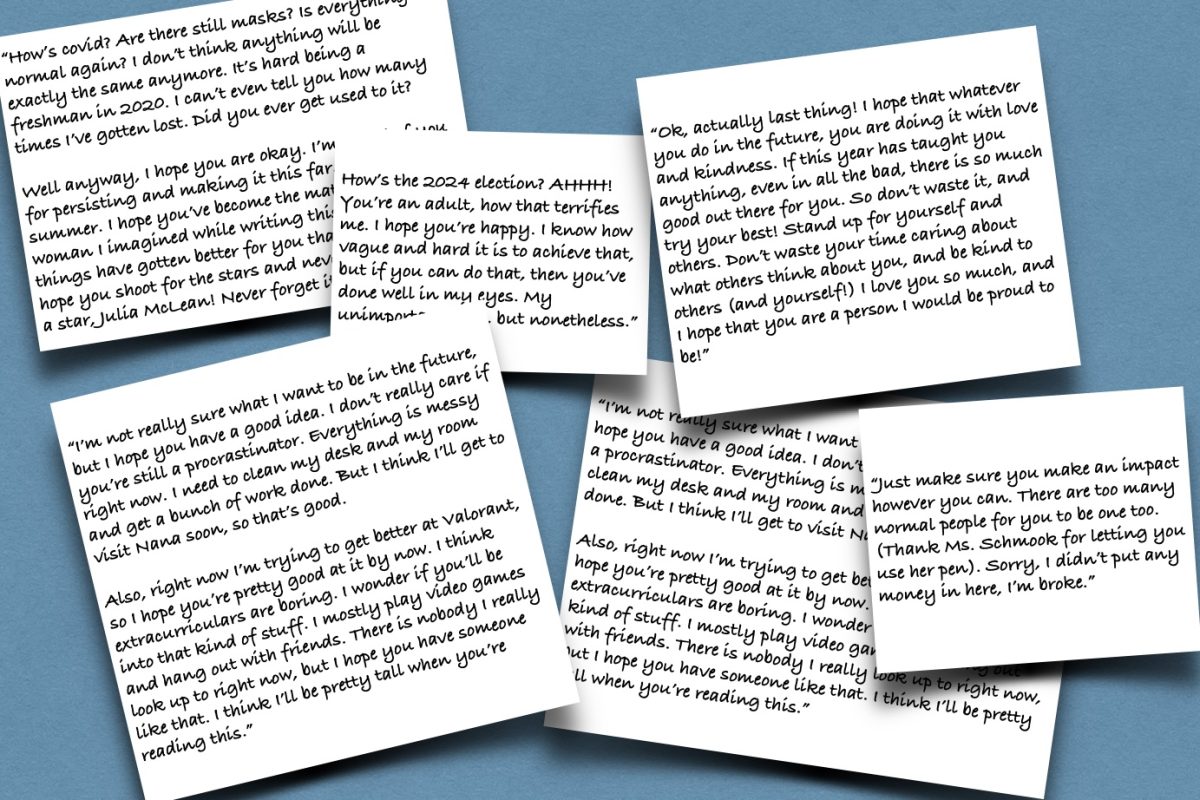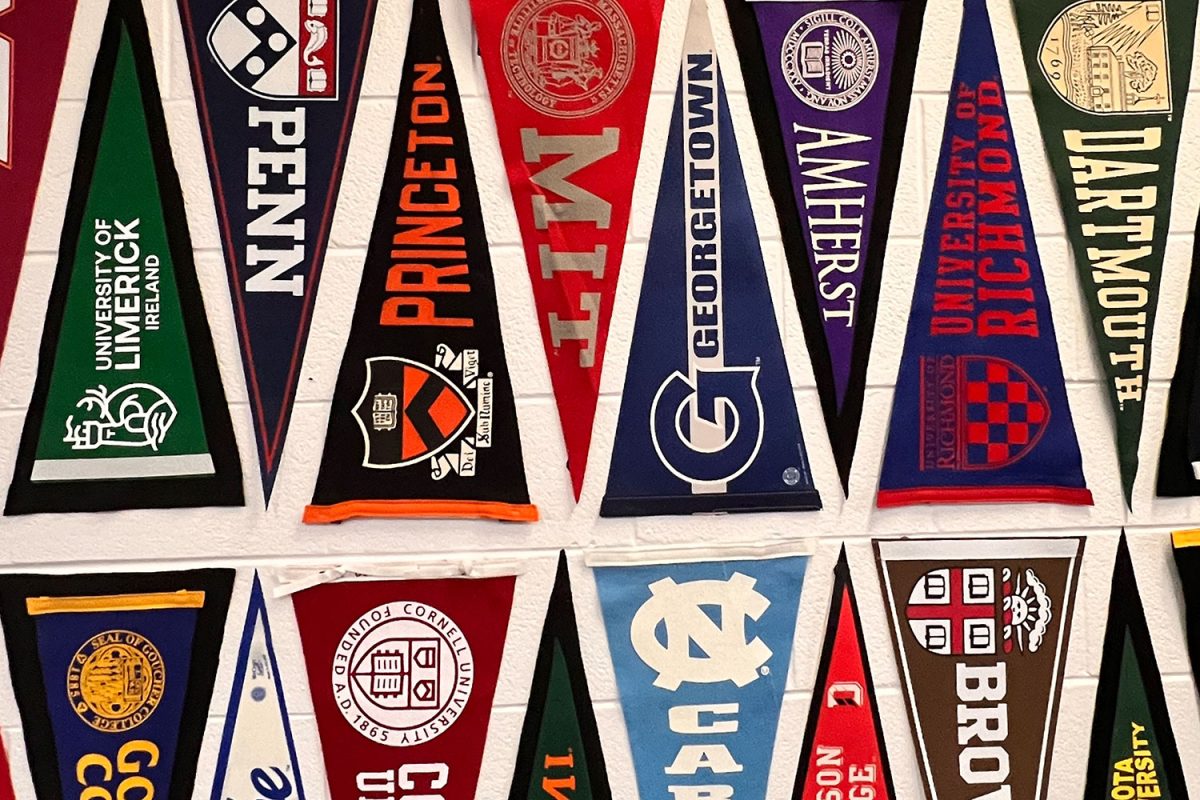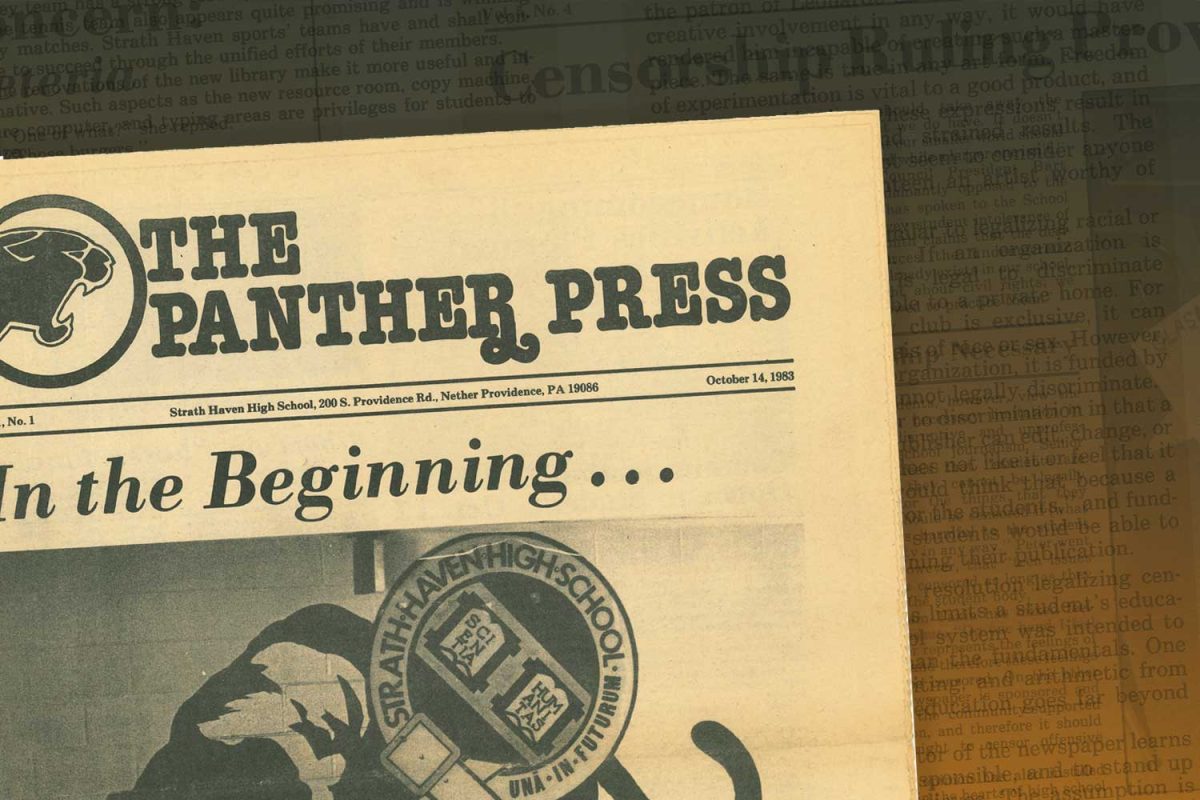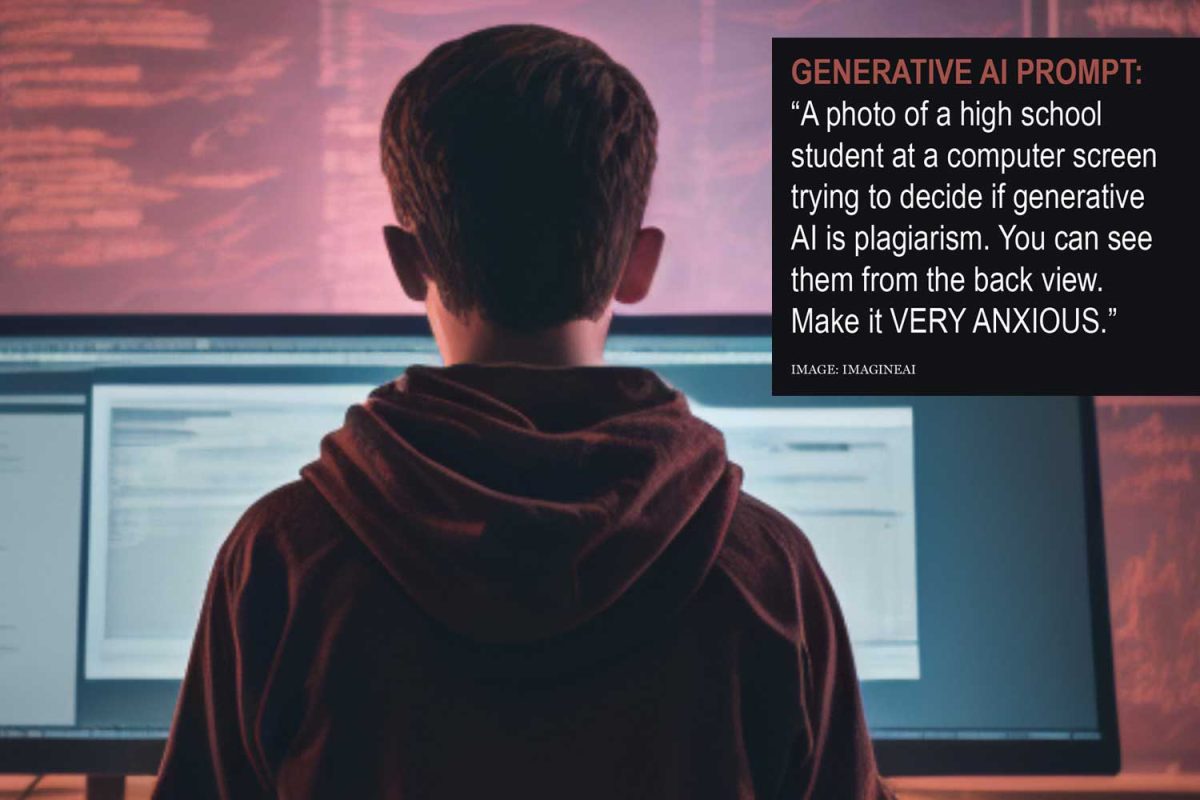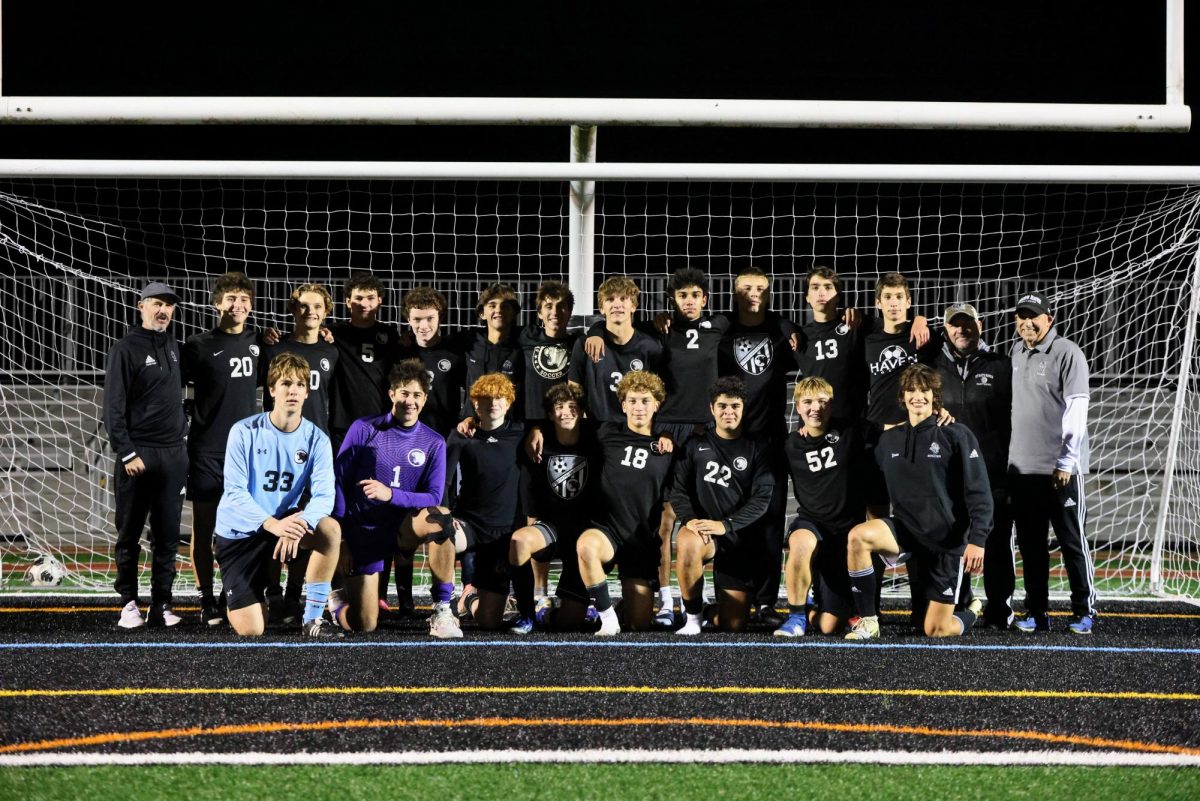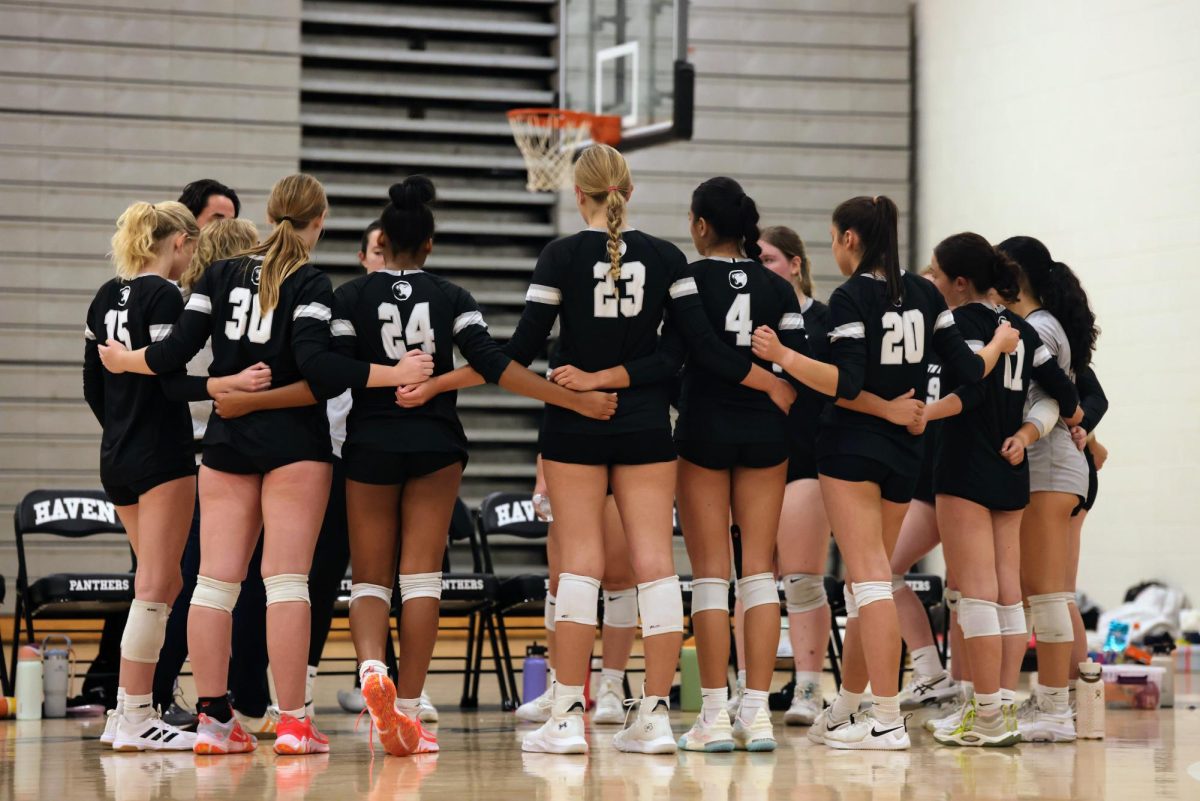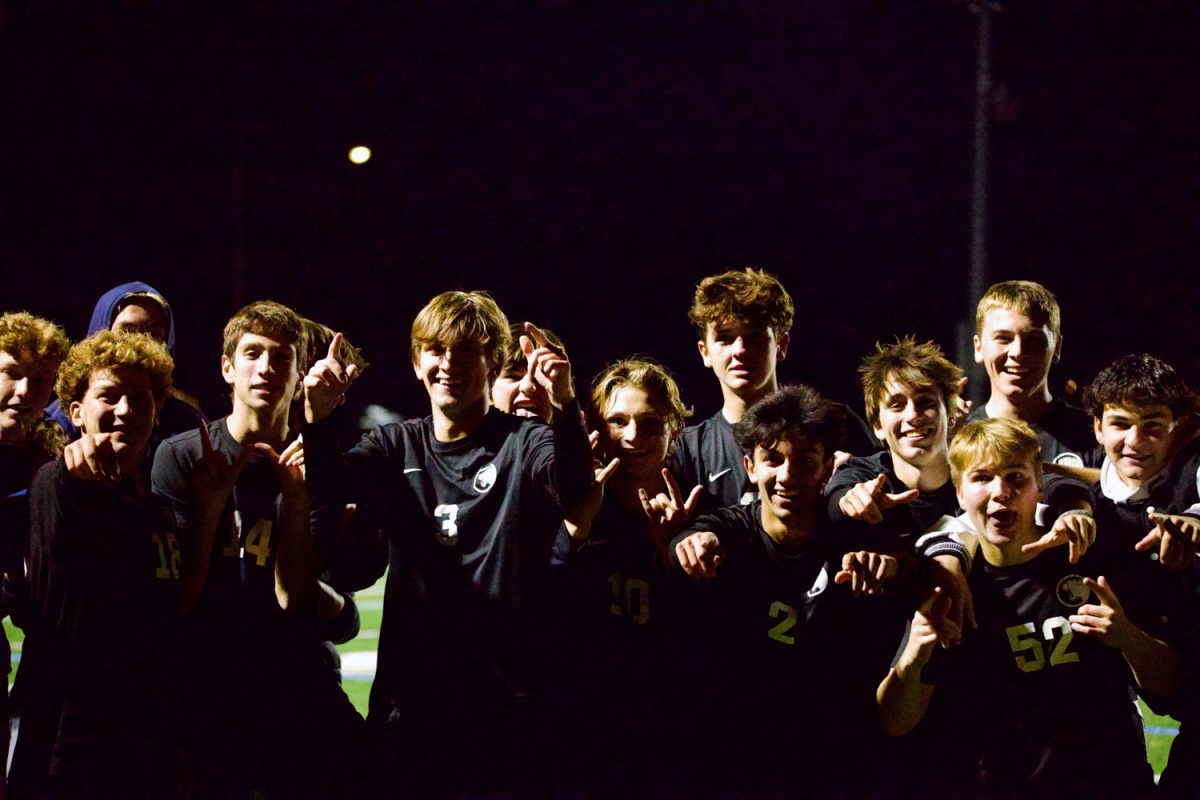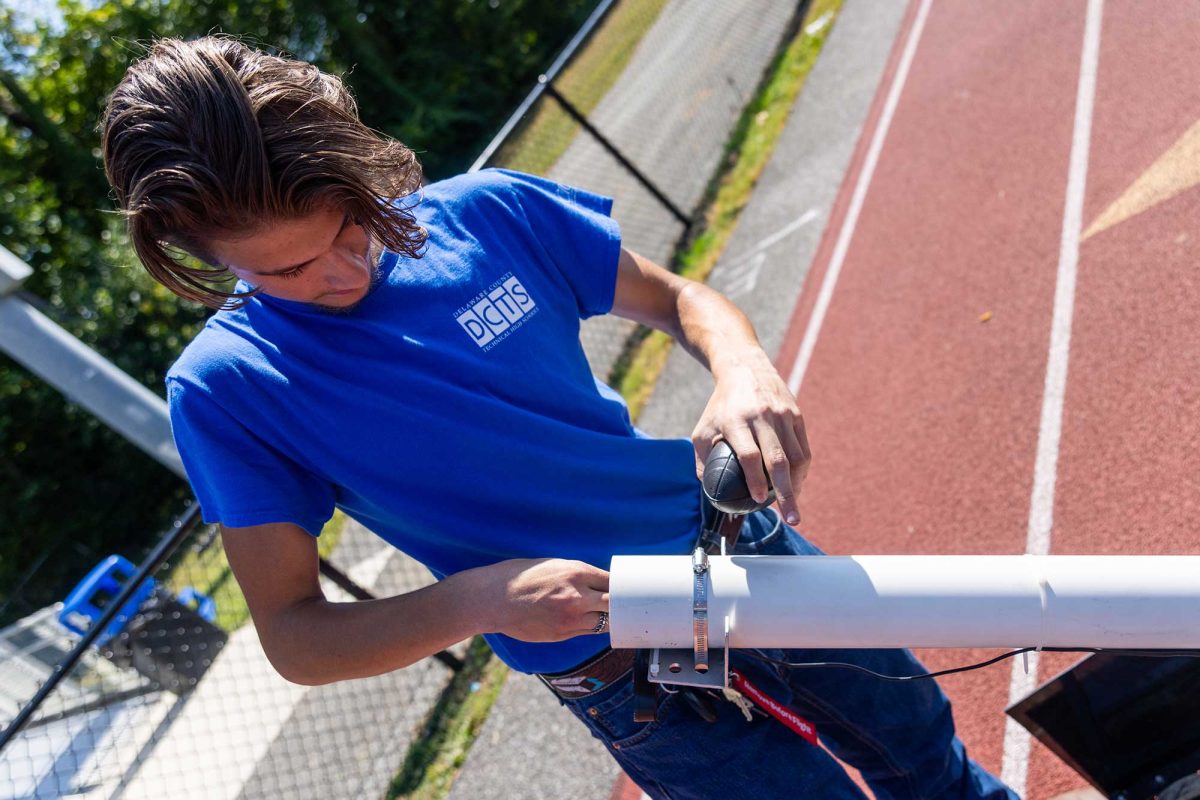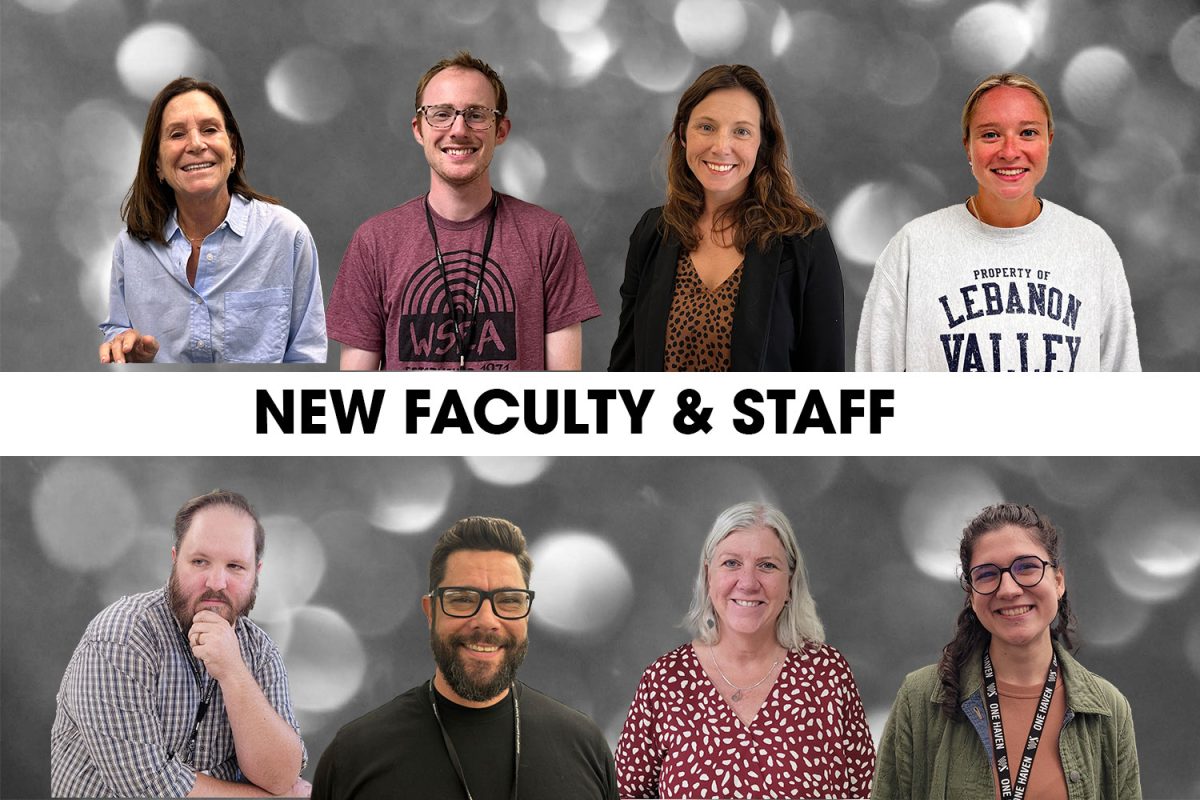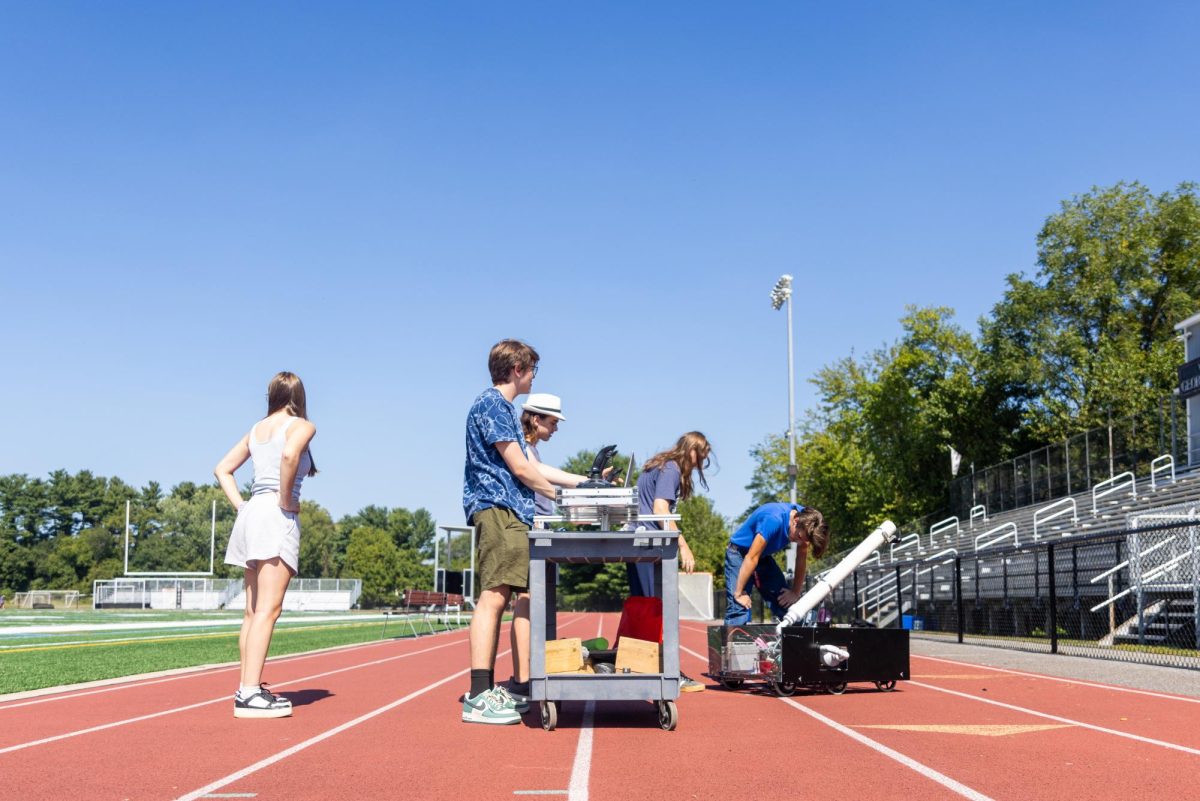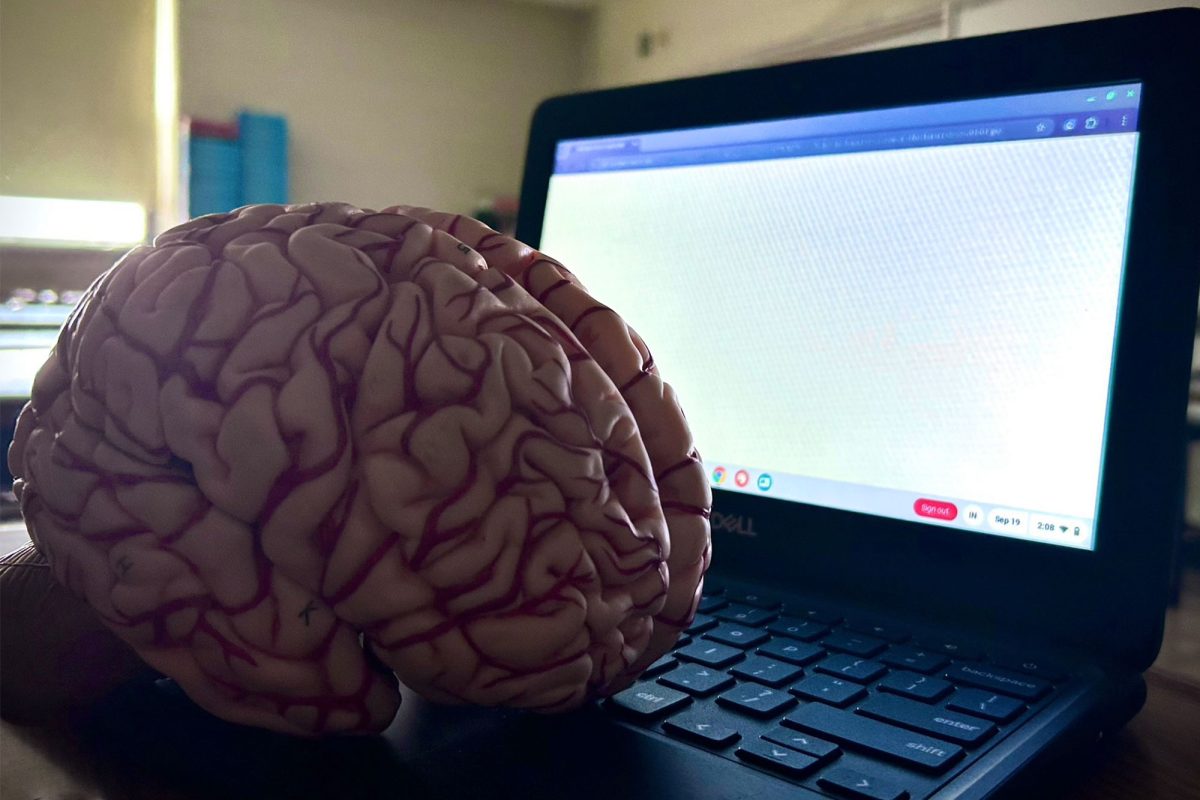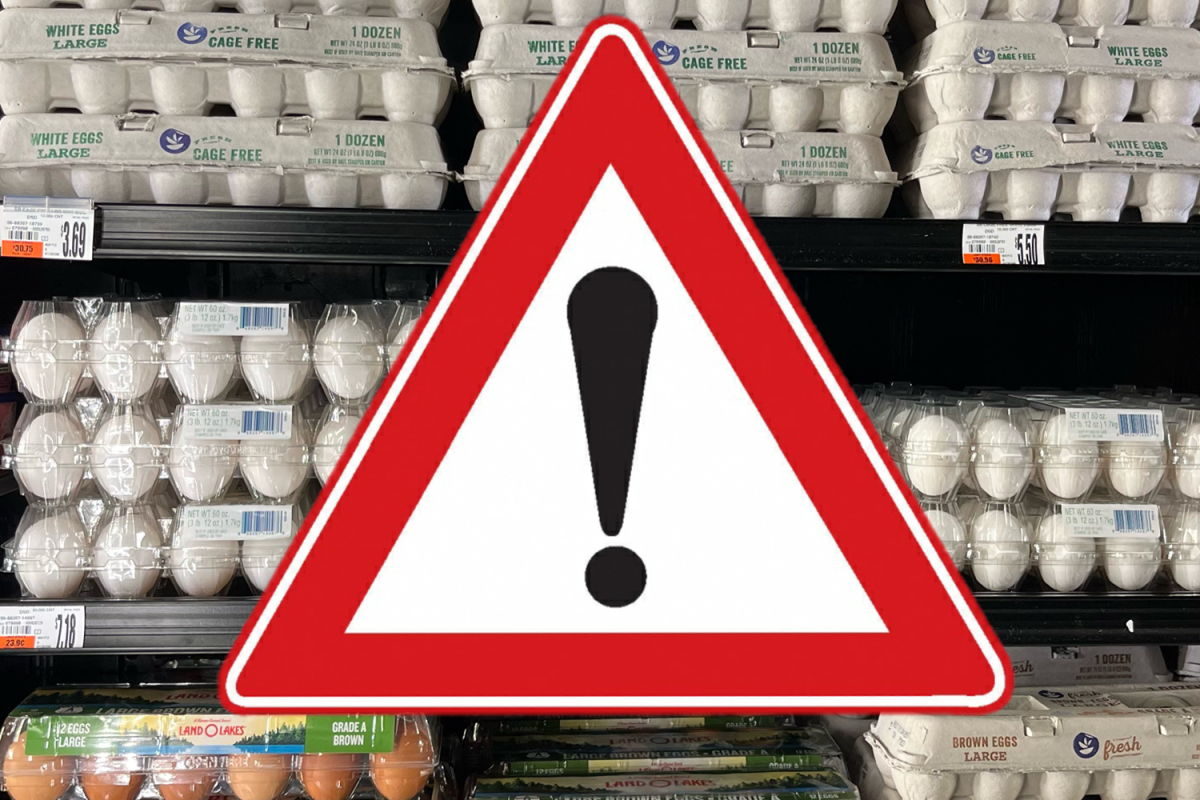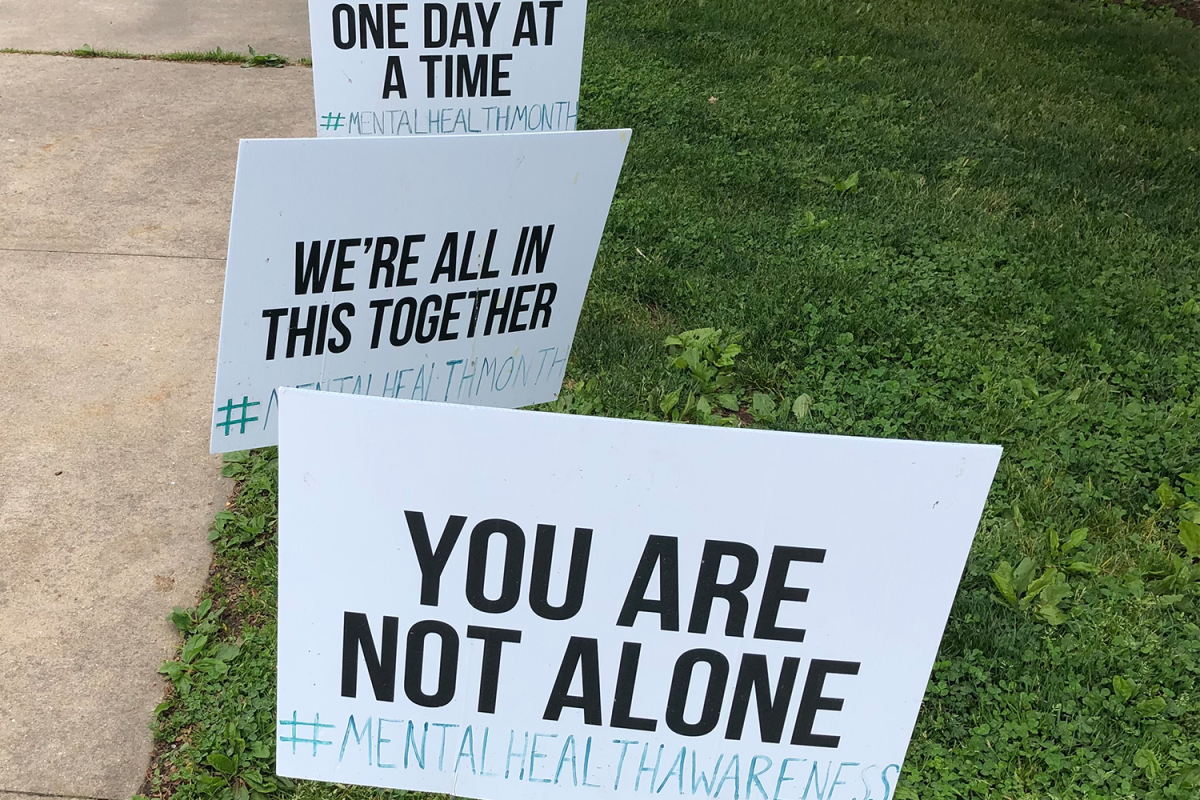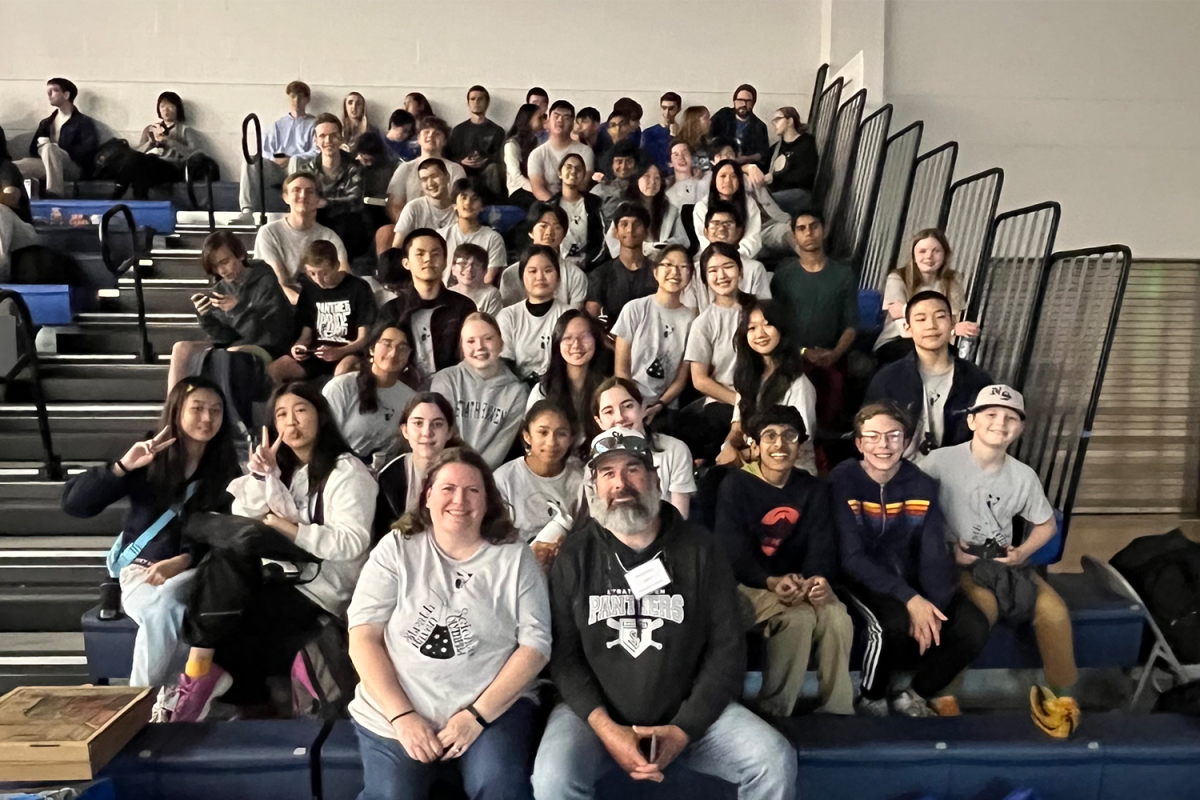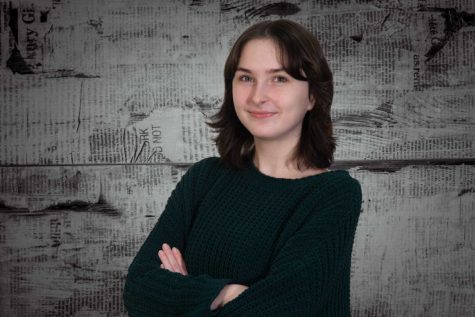A recent CDC report found that the percentage of teen girls who have felt persistently sad or hopeless hit 57%, a near 60% increase from 2011, and the highest reported level over the past decade.
At Strath Haven, this rise in mental health issues hasn’t gone unnoticed.
“This is my sixteenth year in mental health, and the trend is definitely upward of females suffering from mental health illnesses,” Ms. Marlena O’Kane, one of the SHHS school counselors, said.
“It has definitely increased in my 16 years. I think what is primarily contributing to it is this demand on girls to be a certain person, to act a certain way. And now that they see it in their face all the time through social media. I think it’s taken on a different beast.”
Students agree.
“There is a very heavily pushed idea of the ‘beauty standard’ on social media for women. That can somewhat negatively affect me. It’s just like a subconscious thing but it does [trigger] my body issues,” freshman Pearl Tweedy said.
Freshman Anna Warley added that social media ‘teaches girls to be ashamed of themselves”.
It’s hard to distinguish the connection between social media and depression.
“I think social media definitely causes depression, but then people with depression also go to social media,” junior Francesca Clark said.
SOCIAL MEDIA
The lines are blurry. Social media can connect and it can harm.
According to Dr. Kathleen Ethier, the director of Adolescent and School Health at the CDC, people have a lot more to understand.
“[Social media] provides important opportunities to get information, but it also poses a lot of dangers that we don’t yet fully understand. It also, I think, can pose really, especially for girls, unrealistic expectations about body image and looks,” she said.
Girls aren’t the only ones affected by social media. Junior Francesca Clark believes the negative effects of social media harm everyone.
“Seeing people being happy all the time or seeing your friends hanging out without you can definitely be something that hits you inside,” Clark said.
Dr. Either also noticed a rise in sadness in general at the national level.
“Even though we saw differences between boys and girls, in terms of mental health, no one in our survey was doing particularly well. We saw pretty high rates of persistent sadness and hopelessness, which is a very good measure of depressive symptoms,” she said.
SURVEYS & STRATEGIES
Locally, Megan McCullough, the director of student services for behavioral health at SHHS, said mental health concerns are increasing in and around Strath Haven’s community. A social worker for the district has observed a similar trend.
A rise in mental health concerns means an increase of referrals, where, sometimes, a social worker gets involved, visiting students and families and getting them help.
Shayne Young, a social worker for the school district, looks for “buzzwords” and actions when she visits a student.
Feelings of hopelessness, an unhappy mood, reports of increased sleeping, or neglect of self-care can prompt Young to follow up on a student.
To be referred, students must be identified as being in need. Strath Haven uses Social Emotional Learning (SEL) surveys to identify these students.
O’Kane also spearheads the development of these questionnaires that look for similar warning signs.
“The SEL that we did this year are through a platform, a mental health platform called Panorama. What the surveys are sort of aiming at is for us to sort to catch maybe students that might not be on our radar, but who need support, because not every student obviously is comfortable walking in to see us,” O’Kane said.
To O’Kane, the surveys seem to be making a difference in our community.
“From doing the survey for a number of semesters, we’ve luckily caught students that we were not aware had needs. Even if we catch one student, it serves its purpose,” she said.
According to McCullough, around 80-90% of our students require Tier 1 level assistance. Tier 1 assistance promises a quality learning environment, where students feel comfortable. Haven offers two other tiers of assistance, however.
Tier 2 is more intensive and targeted. Around 15-20% of our students may need this kind of support, according to McCullough.
“They need more instruction in self esteem, managing anxiety,” McCullough said. “They may do group therapy.”
Tier 3 assistance, which 5-10% of our students need, is “very intensive mental health support,” according to McCullough.
“Tier 3 is through a company called Effective School Solutions. And we have two therapists who work in the building full time with company. Those students are scheduled for individual and group therapy more intensively. The therapeutic component is sort of the primary component of that programming and then the academic piece is there as well,” O’Kane said.
MAKING CONNECTIONS
McCullough traveled to the Student Mental Health Congress in 2022 to learn more about how to support students in every tier.
She learned about PBIS, Positive Behavior Interventions and Supports, a set of ideas that emphasize positivity in interactions.
“One thing [I learned] was that for every adult to student interaction, you have four positive interactions for one correction. While I think we all try so hard to be positive with students, I think if we tracked ourselves, we wouldn’t be doing as well as we think we’re doing,” McCullough said.
PBIS also emphasizes connectedness among the school community.
“The other part is like finding some common themes of school spirit and connectedness. They call it the ‘Panther Pride is found inside’ at the middle school level. That’s just sort of starting to come, they’re starting to get training on that at the high school,” she said.
According to Dr. Either, helping kids in need feel connected to their community and to resources is key.
“We know in your school that what happens to you all day, every day in school, and whether you feel supported and connected to your teachers, and your counselors, and your administrators, that makes a huge difference in how you feel,” she said.
McCullough observed this connection in action at a high school during her trip to the Student Mental Health Congress in 2022.
“It was kind of nice for us to see in action, how it was used in a high school, and how kids were buying into it. They stopped kids in the hall and said ‘What are the three values of our school?’. And every kid could repeat them,” she said.
Dr. Either has seen the benefits of this connection in action in her own research too, the What Works in School Program, which has been implemented in 28 schools.
“We know from years of research, that when young people feel like adults and their schools cares about them, cares about their well being, cares about their success, they do better. They feel better. They feel engaged; they feel connected,” she said.
FUTURE IMPLICATIONS
Either believes it is important that adults understand the breadth of what teens are experiencing so they can guide students to creating brighter futures for themselves and for the world as a whole.
“When that happens, not only do young people do better, while they’re adolescents, but our research shows that up to 20 years later, they have better mental health, and they are less likely to be victims of violence,” Dr. Either said.
According to Dr. Either, there isn’t a one-size-fits-all plan that will guarantee this positive experience for teens. Instead, it is key that adults continue to find ways to foster a supportive environment.
“Our next step is really to try to understand what we, as adults, can be doing to support young people better, and what do they need in their schools, to make them feel more connected, more engaged, more supported, to get them services that they need.”




